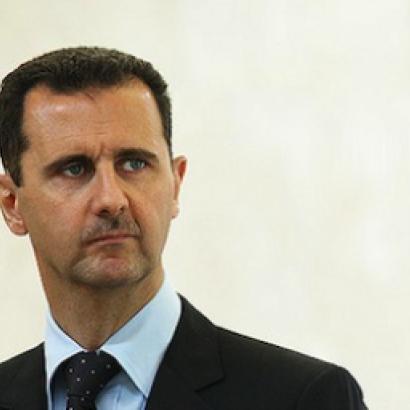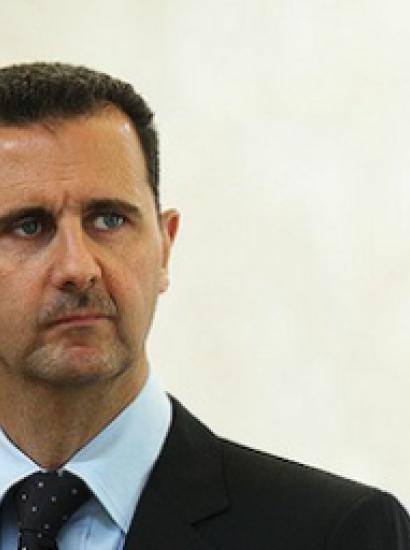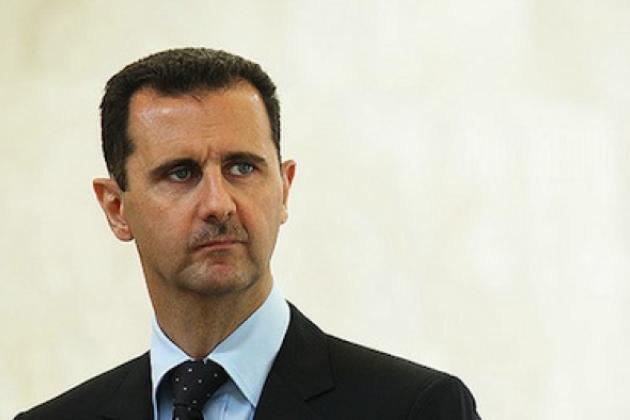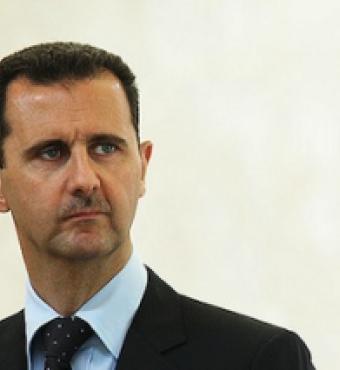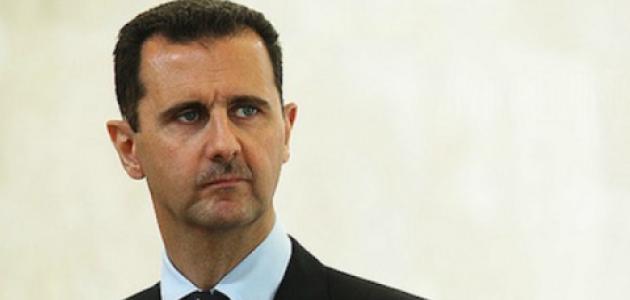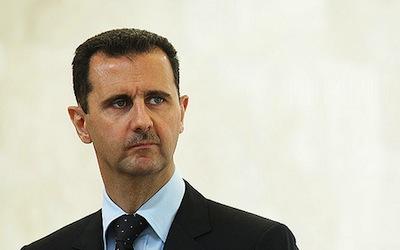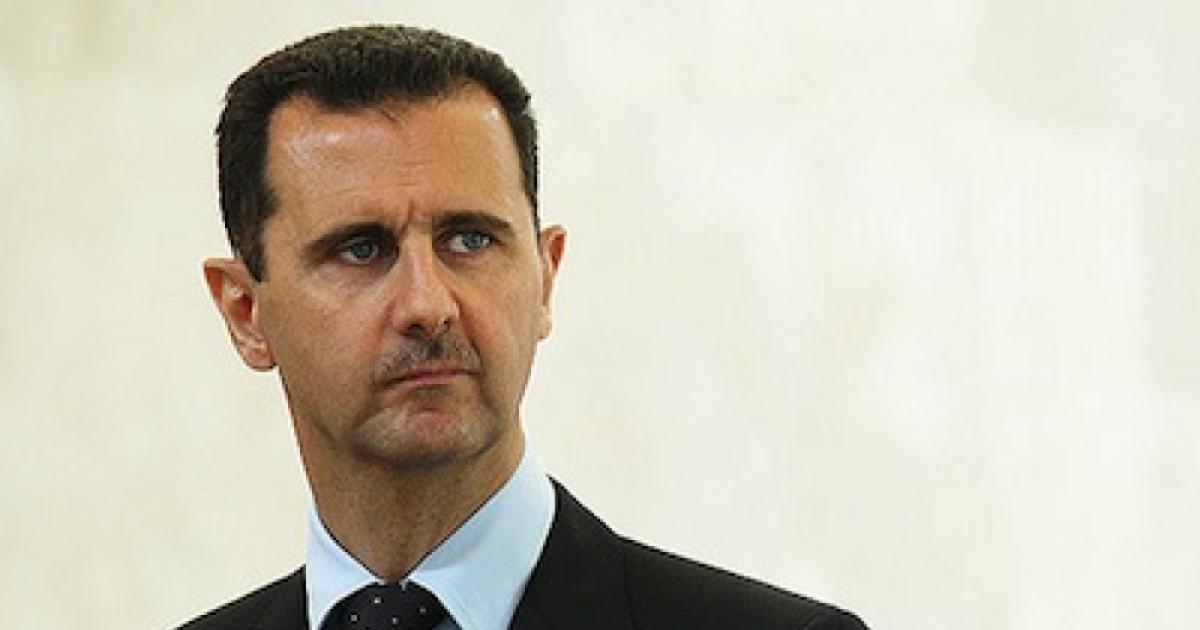- History
- International Affairs
- US Foreign Policy
- Politics, Institutions, and Public Opinion
By latest count, Secretary of State Hillary Clinton has logged 843,448 miles on the job: She is officially now the most traveled Secretary of State in U.S. history, 102 countries have seen her come and go. In one dispatch, it was breakfast in Vietnam, lunch in Laos, and dinner in Cambodia for our chief diplomat.
In the interim, campaign strategist David Axelrod has stayed close to home, Chicago and Washington, with one notable stop in Boston, where he sought to besmirch the gubernatorial record of Mitt Romney. But the foreign policy of Barack Obama is the foreign policy of David Axelrod. Gone is that hallowed past when the legendary George Marshall observed a strict separation between foreign policy and the political play at home: He had refused to cast a vote in presidential elections and he had bristled when the “political people” in President Truman’s circle of advisors intruded into the foreign policy domain.
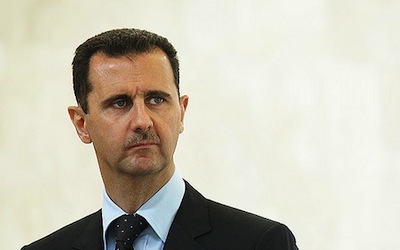
Photo credit: PanARMENIAN_Photo
We needn’t exalt the past—presidents always worried about the impact of foreign crises on their standing at home. Still, the subordination of foreign policy to the electoral needs of the Obama campaign stands apart in recent American history. Foreign policy has been masterfully neutralized in the Obamian world, taken off the board in this campaign.
Strategic Abdication in Afghanistan & Iraq
The meteoric rise of Barack Obama, the adoring crowds in Paris and Berlin, and the early dispatches from an Islamic world that looked upon him as a kindred spirit, concealed a political man with scant interest in foreign lands. Mr. Obama left the devotees to their own imagination; they read into him what they wished. He had come into office in the aftermath of an uncompromising American nationalist; he held aloft symbols of cosmopolitanism, and a supra-national elite took to him. But the animating drive of his foreign policy was his own quest for power.
Right from the start, he would play the foreign world safe. He had trumpeted Afghanistan as the “good war of necessity,” but he never gave the war his all. This was not Lyndon Johnson haunted by Vietnam, or George W. Bush pressing on in Iraq when all appeared lost in 2006–2007, defying the popular mood, launching a surge in the teeth of a hostile Congress, and a Republican party that had grown uncertain about Iraq.
Barack Obama came up with his own surge in Afghanistan, but he undercut the effort there by announcing a set date for American withdrawal in 2014—two safe years after his bid for reelection. There would be no “heat,” no soaring poetry about Afghanistan.
Early on, President Obama had talked of a “civilian surge” to go along with the additional military force he had dispatched—agricultural specialists, educators, engineers, and lawyers who would tackle the problems of the country from the bottom up in the provinces. By the second year of his presidency, Mr. Obama would say little if anything about the reform of Afghanistan. The early dream of “nation-building” was abandoned. It was well understood that this commander-in-chief was marking time in Afghanistan.
He had his Republican rivals on the horns of a dilemma: They could neither outflank him from the right by calling for more troops and a deeper commitment, nor urge writing off the entire venture as a doomed enterprise. Mission Accomplished, Mr. Obama had inoculated himself on Afghanistan.
The success of Mr. Obama’s (read: Axelrod’s) approach was made manifestly clear in the speech to the Veterans of Foreign Wars that Governor Romney made on July 24. Hitherto, Mr. Romney had made the obligatory challenge to the Obama deadline. But he, too, now accepted 2014 as a set date for an American withdrawal. The Taliban needn’t worry: The electoral verdict in November 2012 is of no consequence to them. They could wait out the American presence. The Hamid Karzai reign of plunder and extortion would be ready for the plucking by then.
In the same vein, there were strategic gains secured in Iraq, but Mr. Obama headed for the exits. Politics clashed with strategic interests, and politics prevailed. It was well understood that the Iraqi government was eager for a residual American presence that would give it sufficient time to make its way in the region. Further, it was known that the Iraqis and the American military commanders on the scene had in mind an American force of roughly 20,000 military personnel, or close to it.
But Mr. Obama made the Iraqis an offer they were meant to refuse; a token force of less than 5,000, hardly enough to fend for itself, let alone offer the Iraqis any meaningful protection. Mr. Obama got the result he wanted. His surest applause line, in his acceptance speech this summer, will be the boast that he kept the promise to his base of bringing to an end the American campaign in Iraq.
A Fluke in Libya
Admittedly, Libya was the one exception to this foreign policy of strategic abdication. The Libyans were lucky: This was a solar-lunar eclipse. Mr. Obama had done his best to keep the struggle against Moammar Gaddafi at bay, but David Cameron and Nicolas Sarkozy had taken the plunge into Libya, and American power—decisive in the end—destroyed the Gaddafi dictatorship. Gaddafi had been particularly obtuse: He had stated for the world to hear his intention of bringing death and slaughter to the rebellious city of Benghazi.
Mr. Obama’s reputation was in the scales of history, a mini-Rwanda appeared to be in the offing. Mr. Obama did right by the Libyans. But he tipped his hand. The Obama administration steadfastly refused to celebrate or claim the victory in Libya. That country would be kept at arm’s length, even as a parliamentary election handed a defeat to the Islamists, and went the way of a big secular/tribal coalition headed by a technocrat with an American doctorate. Libya would not be repeated elsewhere, it was a fluke, not a template. No Obama doctrine at work here.
Syria: “We Miss Bush’s Audacity”
The Syrians would come to envy the luck of the Libyans. For seventeen remorseless months, the Syrian people would be subjected to all kinds of cruelties. More than two dozen “torture centers” would mete out to a suffering population unspeakable barbarisms. Over 1,200 children have perished in this pitiless war of a regime against its own population; young children would be brutalized, used as human shields by the convoys of the security forces; benign farming villages would become code names for heartlessness.
“Massacres have become like breakfast to us,” a political activist recently observed. In the face of all this, the Obama policy has been one of total abdication. The Secretary of State has carried out her president’s brief: She has been running out the clock, seeking cover behind the arcane doings of the United Nations Security Council, making it appear as though deliverance hinged on a change in the attitude of Russia at the United Nations. Any “Model UN” high school team would have foreseen the vetoes of Russia—and China—at the Security Council. Truth is that Russian diplomacy has been a convenient alibi for a quiescent American policy.
The sophistry that has gone into arguing that “Syria is not Libya” is unworthy of a great liberal power. Nor can the exquisitely tortured discussions of the “difficult” borders of Syria stand any scrutiny. If anything, those sensitive borders and the spillover of Syria’s troubles and pathologies into Lebanon, Jordan, Iraq, and Turkey, should have long tipped the scales in favor of an interventionist Syria policy. There is will—and there are resources—in the region to upend the Syrian dictatorship, for Bashar al-Assad has unleashed a full-scale sectarian war that has unnerved and antagonized his neighbors.
But the world is what it is, and the regional powers await an American green light that has never come. Plainly, an American president boastful that he had quit Iraq can not stand before his “progressive” base and proclaim the assumption of a new burden in Syria.
“The tide of war is receding” is one of the favorite mantras of this administration and its leaders. But what is receding before our eyes is the American influence in the world order. Mr. Obama has narrowed the horizons of a country with historically wide vistas. In the Obamian world, that which can’t be done with drones and the daring of our SEALs is left untended. In a note of exquisite irony, Barack Obama had made much of his predecessor’s poor standing in Islamic lands. Trumpet the polls, fall to them: Mr. Obama’s standing in Egypt, Jordan, and Pakistan, according to the Pew Global Attitudes Survey, is now lower than George W. Bush’s standing. A placard carried by a group of Syrian protesters tells it all: “We miss Bush’s audacity.”
Now it could be that the American people have been made weary by foreign engagements, and that the economic distress—our debt, our deficits, an anemic recovery, persisting high levels of unemployment—has made us reticent in the face of burdens abroad. That would be an irony all its own—a president who mismanaged the economy being rewarded for the lack of confidence his presidency itself has generated.
From the very beginning, Mr. Obama has been a herald of a “declinist” reading of America. We can’t aid the Syrians, our touch would sully them. We can’t identity ourselves with the democratic aspirations of the Iranians, for we must conciliate their rulers. We can’t defend the cause of liberty and freedom, for in that Obamian worldview, freedom is a fragile, uncertain bet the world over.
So our Secretary of State circles the globe, nine countries in thirteen days in one recent expedition. The bet of this president is that the American people will neither notice, nor care about, the erosion of the American ascendency that enabled this country to do good and to do well in the order of nations. Come November, the country will deliver its verdict on this stunted vision of its place in the world.








